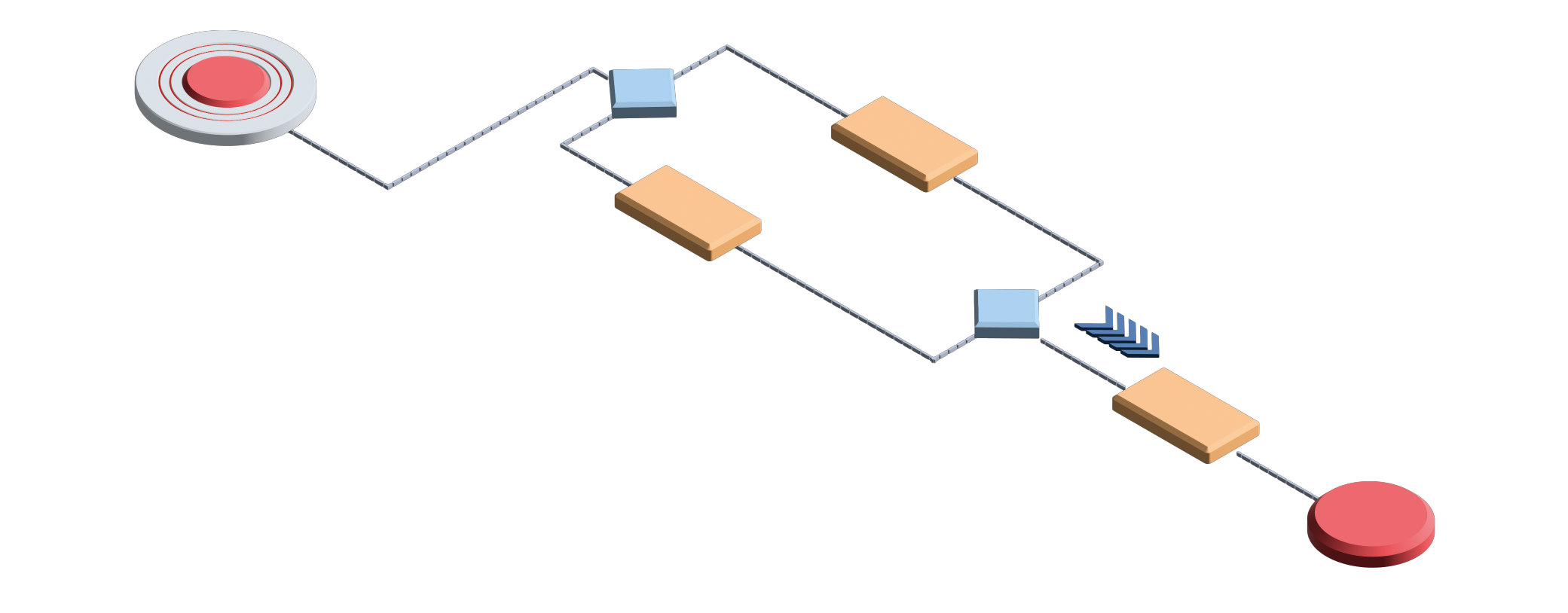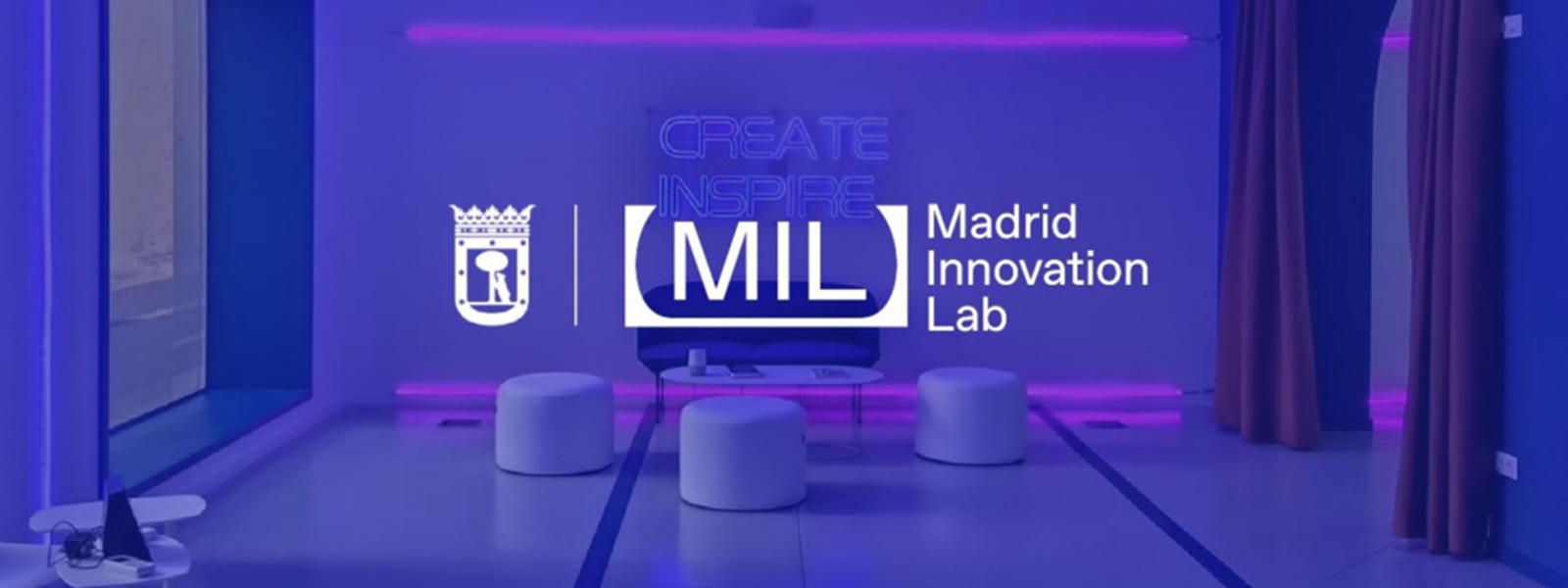
Client
- Oberfinanzdirektion Karlsruhe
Industry
- Administration
Metrics
- 4.5 million transactions per year
Automation
Document management
- CIB doXiview
- CIB documentServer
- CIB pdf toolbox
- CIB format, CIB merge
Advantages
- Work from anywhere
- Completion of the electronic file
- Reduction of media discontinuities
- Saving time and paper
- Elimination of expensive maintenance contracts for printers and accessories
- Traceability through electronic history
- Printer-free offices for a healthier work environment

Describe your case study and benefit from efficient work processes through digitalization and automation.
Automation of processes for more efficient citizen service at Karlsruhe Tax Office
For the Karlsruhe Regional Tax Office, the paper-based internal processes relating to incoming and outgoing correspondence with citizens were to be partially automated and standardized as part of the digitalization process.
Whereas in the past, every incoming and outgoing document was printed out at the workplace, circulated and filed in paper files, this is now to be completely digitized. The paper-based approval processes are also to be made more efficient through digitization.
A key focus when introducing a workflow system should be on the specification of defined internal processes. The system should automatically ensure and orchestrate these processes. For example, in a release process for outgoing correspondence, exactly the employee who is responsible for this task should always be assigned to it.
Our solution: The CIB solution kit with our BPMN 2.0 Tool CIB flow
In order to meet these requirements, the workflow management platform CIB flow processes were developed together with the specialist contacts in the organization department and have been continuously expanded over the last two years.
Implemented processes
-
Standard workflow with output channels including central printing, DIVA
Document approval and dispatch via the Karlsruhe printing and dispatch center.
If the citizen has agreed to electronic notification via ELSTER, there is no paper printout at all and notification takes place as a digital administrative act via ELSTER. For employees, the filing is paperless in the GDA and displayed in the electronic file. -
Contact form
Incoming documents from citizens with document attachments are prepared and assigned directly in the workflow system for the business process and for processing.
-
Public service
Notifications to citizens with unknown postal address are managed electronically through public notification on the Tax Agency's website. This notification is done through a link to an external CMS.
-
Internal workflow
Cross-divisional processing of transactions within a tax office or cross-fiscal office processing of transactions takes place in the internal workflow in digital form with subsequent electronic filing.
-
Substitution rules
Activation of the substitution regulation by the employees if necessary, taking into account responsibilities or access protection through connection to an internal central authorization system.
-
Checkout process
Cash accounting from an internal system is assigned in digital form to the existing transactions in CIB flow.
-
Business registration
Electronically transmitted business registrations from cities and municipalities are prepared and assigned directly in CIB flow for the business process and for processing.
-
EDP intervention process
This is an option for decentralized service desk intervention in order to be able to autonomously assign existing tasks to new managers if necessary (e.g. due to a change of responsibility or restructuring).
-
E-mail inbox
Incoming e-mail inquiries are prepared and assigned directly in the workflow system for the business process and for dispatch.
By bundling all input and output channels in the CIB flow workflow system, uniform processing and control of the internal system landscape is easily possible.

Seamless integration
Other framework applications such as the complete document and data repository, KONSENS dialog eFile, ELSTER (incl. digital administrative file (DIVA) or the printing line are addressed directly from the workflow system. This also ensures seamless integration into the existing system landscape.
By bundling all input and output channels in the CIB flow workflow system, uniform processing and control of the internal system landscape is easily possible.
The reusability of modules, e.g. for storing a document and displaying it in the eFile, and the dynamic nature of the BPMN process modeling standard used mean that other processes can also be easily integrated into the system.
Bridging the gap as a link to paperless work everywhere
In addition, the paper printouts still required by citizens are sent centrally to the printing and dispatch center in Karlsruhe. Manual filing in paper files is no longer necessary. Processes are handled digitally throughout. This brings the possibility of teleworking for tax officials one step closer!
WHAT OUR CUSTOMER SAYS
"An absolute enrichment for mobile working"
"Agile, reliable, competent team"
"Thanks to CIB flow, we were able to take a significant step towards digitalization."
Oberfinanzdirektion Karlsruhe "Agile, reliable, competent team"
"Thanks to CIB flow, we were able to take a significant step towards digitalization."




